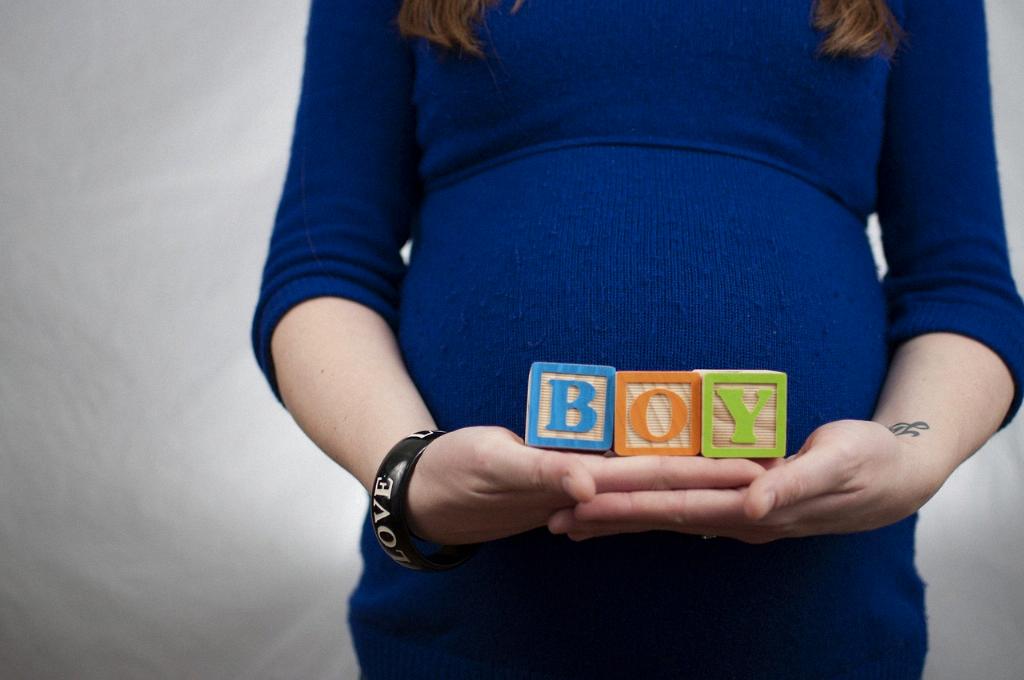Many expectant mothers wonder about the possibility of losing their mucus plug during early pregnancy. While it’s more common for the mucus plug to dislodge during the later stages of the third trimester, there are cases where it can happen earlier on. The mucus plug, also known as the cervical mucus plug, plays a crucial role in protecting the uterus from infection during pregnancy. Its presence acts as a barrier, preventing harmful bacteria from entering the uterus and potentially harming the developing fetus.
If you find yourself losing your mucus plug in the early stages of pregnancy, especially before the 37-week mark, it’s essential to consult with your healthcare provider. While it’s not always a cause for alarm, it’s crucial to rule out any potential underlying issues that could be contributing to the early dislodgement of the mucus plug. Your healthcare team can provide you with personalized guidance based on your individual circumstances and help you navigate any concerns you may have.
During early pregnancy, the cervix undergoes various changes in preparation for childbirth. As a result, some women may experience the release of their mucus plug earlier than expected. This occurrence can be attributed to the shifting hormones and physical transformations happening in the body to accommodate the growing fetus. While it’s not the norm for the mucus plug to come out in early pregnancy, it’s not entirely unheard of, and in most cases, it’s not a cause for immediate alarm.
It’s crucial to pay attention to any accompanying symptoms or changes in your pregnancy that may signal a need for medical attention. If you experience any unusual discharge, bleeding, cramping, or other concerning signs along with the loss of your mucus plug, it’s best to reach out to your healthcare provider promptly. These symptoms could indicate potential complications or issues that require professional evaluation and management.
While losing your mucus plug early in pregnancy can be disconcerting, it’s important to stay informed and proactive in seeking appropriate medical guidance. Your healthcare provider can assess your specific situation, conduct any necessary tests, and provide you with personalized recommendations to ensure the health and well-being of both you and your baby. Remember that every pregnancy is unique, and what may be considered normal for one person may not be the same for another.
It’s also essential to maintain open communication with your healthcare team throughout your pregnancy journey. By keeping them informed about any changes or concerns you experience, you empower them to provide you with the best possible care and support. Pregnancy can bring about a range of physical and emotional changes, and having a reliable healthcare provider by your side can help alleviate any anxieties or uncertainties you may have along the way.
Remember that pregnancy is a transformative and dynamic process, with each trimester bringing new developments and challenges. While the loss of the mucus plug in early pregnancy may not follow the typical timeline, it’s crucial to approach any unexpected occurrences with attentiveness and a proactive mindset. Trust in the expertise of your healthcare team and engage in open dialogue to address any questions or uncertainties you may have.
Ultimately, the health and safety of both you and your baby are top priorities throughout your pregnancy. By staying informed, seeking appropriate medical guidance, and maintaining open communication with your healthcare provider, you equip yourself with the tools and resources necessary to navigate any unexpected twists and turns that may arise along the way. Remember that you are not alone in this journey, and your healthcare team is there to support and guide you every step of the way.

